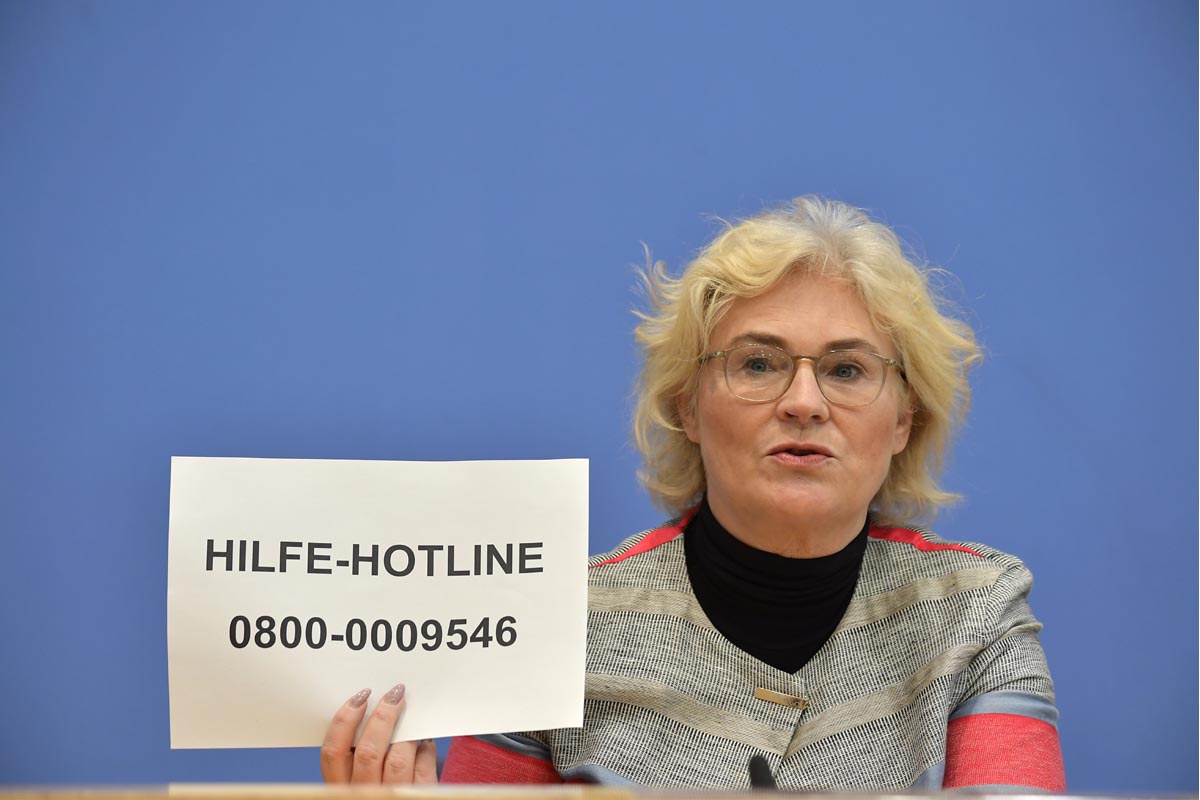There is a thread that binds Christchurch in New Zealand to Charlottesville in America and thence to Hanau in Germany. The outrages perpetrated by the far right are now almost a global phenomenon. Germany is the latest stormcentre, if the disclosures on Thursday are any indication. It comes about after last week’s arrest of 12 suspects as part of an investigation into an extreme-right group suspected of planning attacks on asylum seekers and Muslims.
It is clear that the far right is the present danger that confronts the ruling Christian Democrats. The racist shootings in the town of Hanau have underlined the threat posed by nativist ideology, so-called. Those detained belong to six different states in Germany and were plotting to ignite what federal prosecutors have called a “civil-war type situation” in the country.
Advertisement
It is not clear whether the man named on Thursday as Tobias Rathjen had similar aspirations. But it is evident that his murderous spree in the town of Hanau, near Frankfurt, stemmed from racism. In a text uploaded before the killings, and later taken offline, Rathjen apparently called for the “annihilation” of ethnic minorities in the country.
Nine people died during his late-night assaults on two ‘shisha’ bars, some of them of Turkish origin. Rathjen later took his own life, after murdering his 72-year-old mother in their apartment. The calculated malevolence of the far-right can be no less lethal than that of the Islamist fundamentalists. The challenge, therefore, is forbidding for Chancellor Angela Merkel and the ruling Christian Democrats and still more because the German cabinet recently suffered a jolt following the resignation of a key minister.
Rightly has it been remarked that this “grisly rampage comes at the most delicate of junctures for German politics” . After serving for 15 years as Chancellor, Ms Merkel has signalled her intent to step down before the next federal elections. A full-blown crisis of succession is now under way in her party, the CDU. It is partly driven by the question of how it should deal with the far-right nationalists of Alternative für Deutschland (AfD), now the third-biggest force in the German parliament.
Mrs Merkel’s preferred successor, Annegret Kramp-Karrenbauer, recently resigned as party chair when CDU politicians in the eastern state of Thuringia broke a taboo in joining forces with the AfD to elect the state’s premier. The extent to which a resurgence of nationalism has fuelled and legitimised far-right extremism and sparked the politics of hatred is one of the key questions before the country’s political class.
Almost in the manner of Ukip in Britain, the AfD had plunged into politics as a primarily Eurosceptic party. But since the migration crisis of 2015 it has graduated to a broader movement, a major section of which seems determined to fuel Islamophobia and racism. Mrs Merkel’s imminent departure from the stage means that a period of political turbulence is inevitable.











